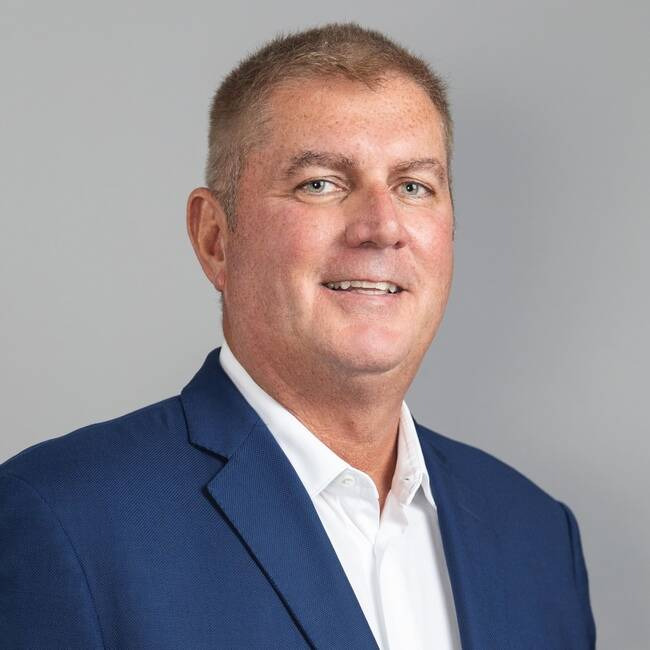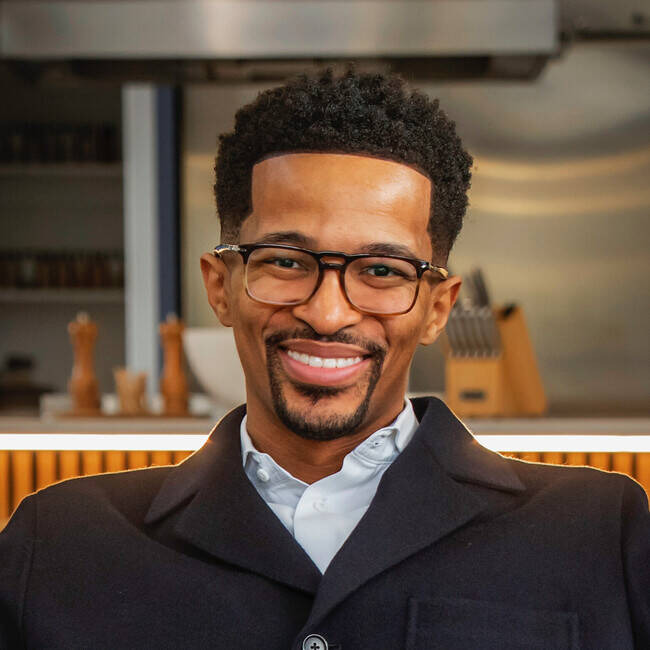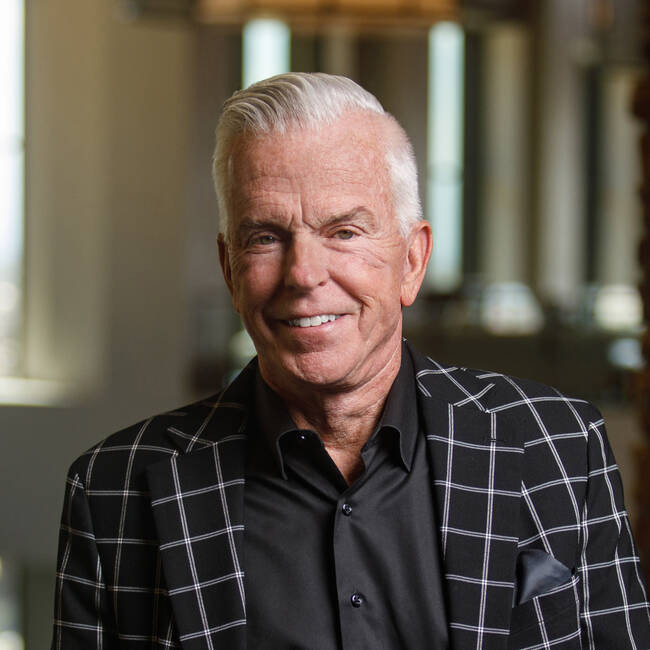
John Jacobs
Co-Founder and CCO (Chief Creative Optimist) of Life is Good
Profile Links
Fee Range
Please contact us for pricingTravels From
Boston, MA, United States
John Jacobs
Biography
John is co-founder and Chief Creative Optimist of the $160 million lifestyle brand Life is Good. When he and his brother Bert started the company in 1994, they had $78 in their pockets, lived out of their van, and sold t-shirts on the streets of Boston. Was this their way of avoiding the “real world”? You betcha. Did it turn into something much bigger? Absolutely.
It has been over 29 years since they sold their first t-shirt, but John and Bert champion the same mission: to spread the power of optimism. On their journey, they’ve been inspired by a vibrant community of resilient optimists who identify deeply with the brand and who constantly demonstrate the depth and meaning behind the three simple words “Life is Good.”
While John and Bert believe life is good, they also know life isn’t perfect, which is why Life is Good donates 10% of its annual net profits to the Life is Good Playmaker Project, which helps over 1 million kids overcome the impact of poverty, violence, and illness each year. In making their company a fully integrated for-profit/ non-profit model, the brothers hope to use their business as a vehicle to do good in the world.
Because of his unique perspective that ties rational optimism to business, John has been asked to share his transformative message at a wide range of corporate and thought leadership conferences including Inc 5000, Morgan Stanley, SAP Sapphire, Discover, and more. He and Bert have been featured in Forbes, NPR’s How I Built This, CNNMoney, CNBC’s Business Nation, ABC News’ Nightline, NBC’s The Today Show, The New York Times, The Wall Street Journal, Inc. Magazine, and Men’s Health Magazine, among others.
About the talk: Life is Good – the Power of Optimism
In this heartwarming, funny, and refreshingly human keynote, John tells the story of how the $160 million lifestyle brand Life is Good came to be—mistakes, missteps, and all, including an unlikely and humble beginning. John’s story will leave audiences with the tools they need to develop an optimistic mindset that leads to success, along with tips on building a vibrant community and brand that will stand the test of time. Get ready to laugh, and maybe cry (have tissues on standby), but most of all, be ready to uncover a deeper purpose in both business and in life. Your audience will leave united, connected, and ready to spread the power of optimism.
John Jacobs
Featured Keynote Programs
WorksmART
Redefining the Role of Creativity in Business
As Chief Creative Optimist, John is responsible for the iconic branding and imagery behind the $100 million retail brand, Life is good. Moreover, aside from creating the famous “Jake” logo from scratch and keeping it fresh and universal 25 years later, John has demonstrated that creativity has as fundamental a role in the accounting department as it does in the design department, with the sales team, human resources, senior management, and beyond. And not just at Life is good, but at any company, organization or non-profit that is seeking to create a unique culture, grow as a unified group, or add an element of brand awareness and public loyalty that can only be created via creativity and new-school thinking. John expertly demonstrates how creativity is not confined to art, and is rather a fundamental building block for innovation and practical problem solving in any aspect of business.
In this singularly unique talk, John shares a quarter-century’s worth of experience weaving creativity across all areas of business and work, tailoring each presentation to the needs of the audience. He delves into the best strategies and settings for incentivizing creative thinking as well as open communication and complete transparency - which he argues to be essential components of the creative process and key markers for success in the 21st century economy. Taking aspects of business that are commonly seen in black-and-white and injecting them with a colorful perspective that is rarely seen in corporate settings, John is able to help audiences look at projects and challenges from an entirely new mindset toward collaboration and growth. Caution: an open mind is advised.
Optimist for life
What it means to be a rational optimist and how this mindset can change lives for the better.
Corporate Social Responsibility/ Giving Back
Corporations have immense power as agents of social change—when they conduct ethical business and make philanthropy a priority, they can implement positive change on a huge scale.
Innovation
Optimism can be an incredibly useful tool for innovation, especially in times of change and uncertainty. Having the ability to focus on the good can make teams and businesses more productive—more open to new ideas, more creative at problem solving, and more willing to take positive risks.
Frequently Asked Questions
How do I book John Jacobs for my event?
- Availability Check: Contact us with your event date and budget to verify if your desired speaker is available.
- Hold Date: We place a temporary "hold" on the speaker's calendar while you finalize internal approval.
- Contracting: We issue a contract outlining the fee, cancellation policy, and event expectations.
- Logistics: Once signed, our event management team handles all travel booking, itinerary, and AV requirements.
Why should I partner with Premiere Speakers Bureau rather than contacting speakers directly?
What makes Premiere Speakers Bureau unique compared to other agencies?
How does Premiere Speakers Bureau's 'Zero Cost Service' model work?
How are speaker fees structured, and what is typically included?
What are the standard policies for speaker travel and expenses?
John Jacobs's Featured & Related Topics
Find Similar Speakers Leadership
Popular Speakers

Daymond John

Ryan Leak

Valorie Burton

Dr. Jessica Kriegel

Earvin “Magic” Johnson

Jon Acuff

Deion Sanders











